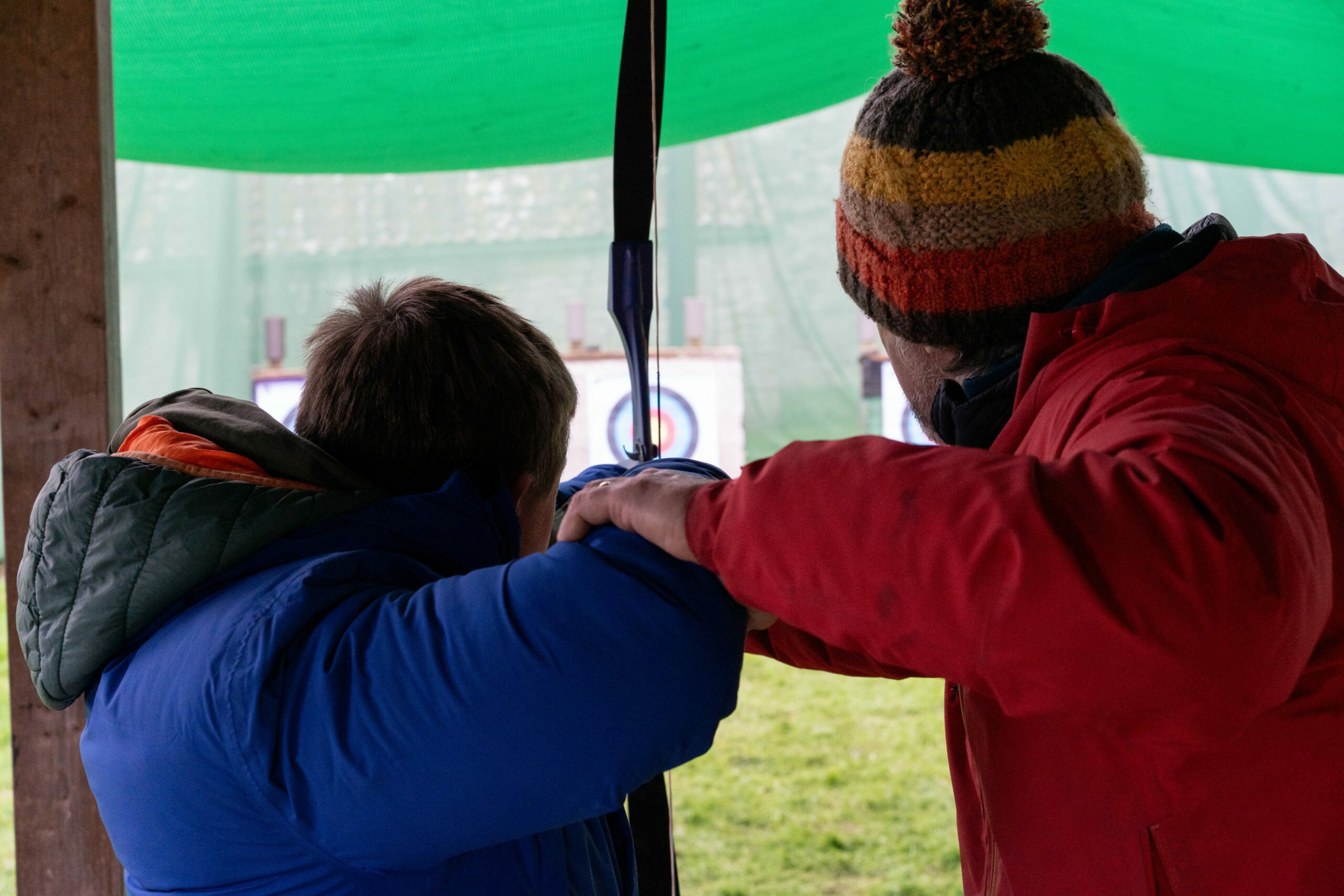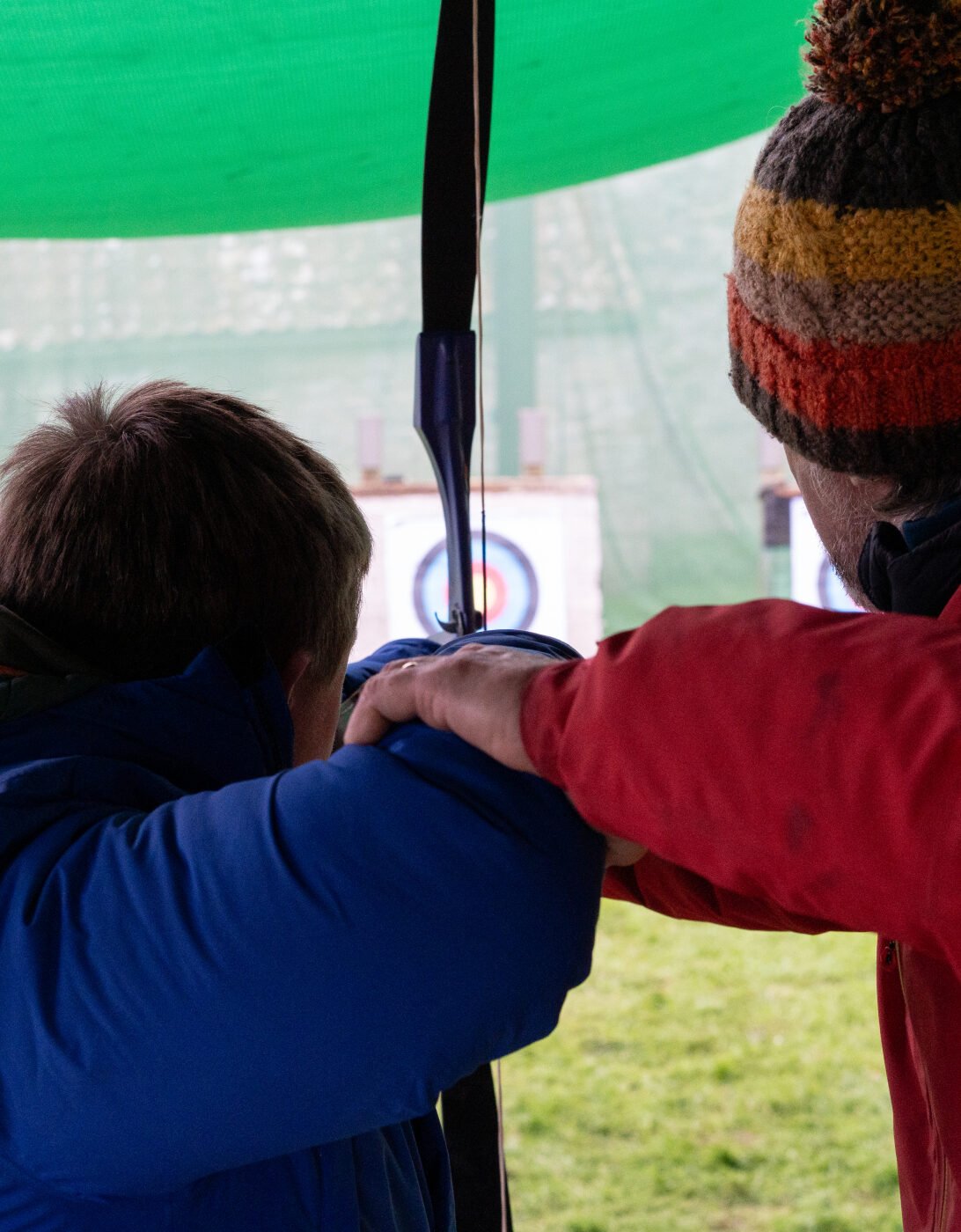

Running Inclusive Residentials
A guiding principle of The Duke of Edinburgh’s Award is that it is “achievable by all”. Our programme guidance and rules must therefore be inclusive and flexible from the outset, while also maintaining consistency of experience and an appropriate level of challenge for all participants.
The way programmes are planned, delivered and undertaken can, and should, be adapted to suit participants’ individual circumstances and needs.
For example, a young person with additional needs may require more time or flexibility, additional support or prior training to complete their residential.
Though programmes are developed on an individual basis, the Residential section requires participants to work as a team, often with people they don’t know, which can be daunting.
Our Residential Requirements allow for participants, DofE Leaders, parents and carers to work together to decide what is appropriate for each young person. The conversation with them should focus on the required outcomes of the section, and how they can best be achieved. Best practice always requires flexibility and the potential to make reasonable adjustments based on young people’s individual needs.
Organisations working with DofE participants are expected to make reasonable adjustments to ensure participants with disabilities or physical or mental health conditions aren’t substantially disadvantaged when undertaking their Residential section. Programme guidance should be followed, considering what’s reasonably practical for participants and ensuring their welfare is paramount.
It’s important that everyone communicates in the early stages of the planning process to understand the needs of the participants involved. Clear communication between the Licensed Organisation, parent/carer, and activity provider throughout the whole section is essential to ensure that the residential is inclusive and that all decisions are made to facilitate success for the participants involved.
This isn’t an exhaustive list, but you can find examples of reasonable adjustments in the last section of the Residential Requirements. There are core programme requirements that are integral to the section and would require a Leader to seek approval from their Operations Officer. These include:
- Not meeting the required residential duration
- Not being part of a group that meets the minimum group size.
Having as much information as possible available prior to the residential will help participants to prepare for their trip. Here are some things you can do to help:
- Share pictures of the setting in advance
- Offer virtual tours
- Arrange getting-to-know-you sessions (in-person or online)
- Show different accommodations options
- Share programme of activities
- Provide menus
- Share staff bios, including who they would be meeting on the first day
- Give directions on how to get there and where to go when they arrive
- Share past participant experiences.
By offering bursary places or covering expenses, you can ensure that financial barriers don’t prevent participants from experiencing the transformative benefits of your residential.
Covering costs such as accommodation, meals, travel, activity fees and specialist equipment can make your programme more accessible and inclusive. This not only enriches participants’ experiences but also fosters a diverse and vibrant community. We encourage you to consider these options to support and inspire DofE participants from all backgrounds.




